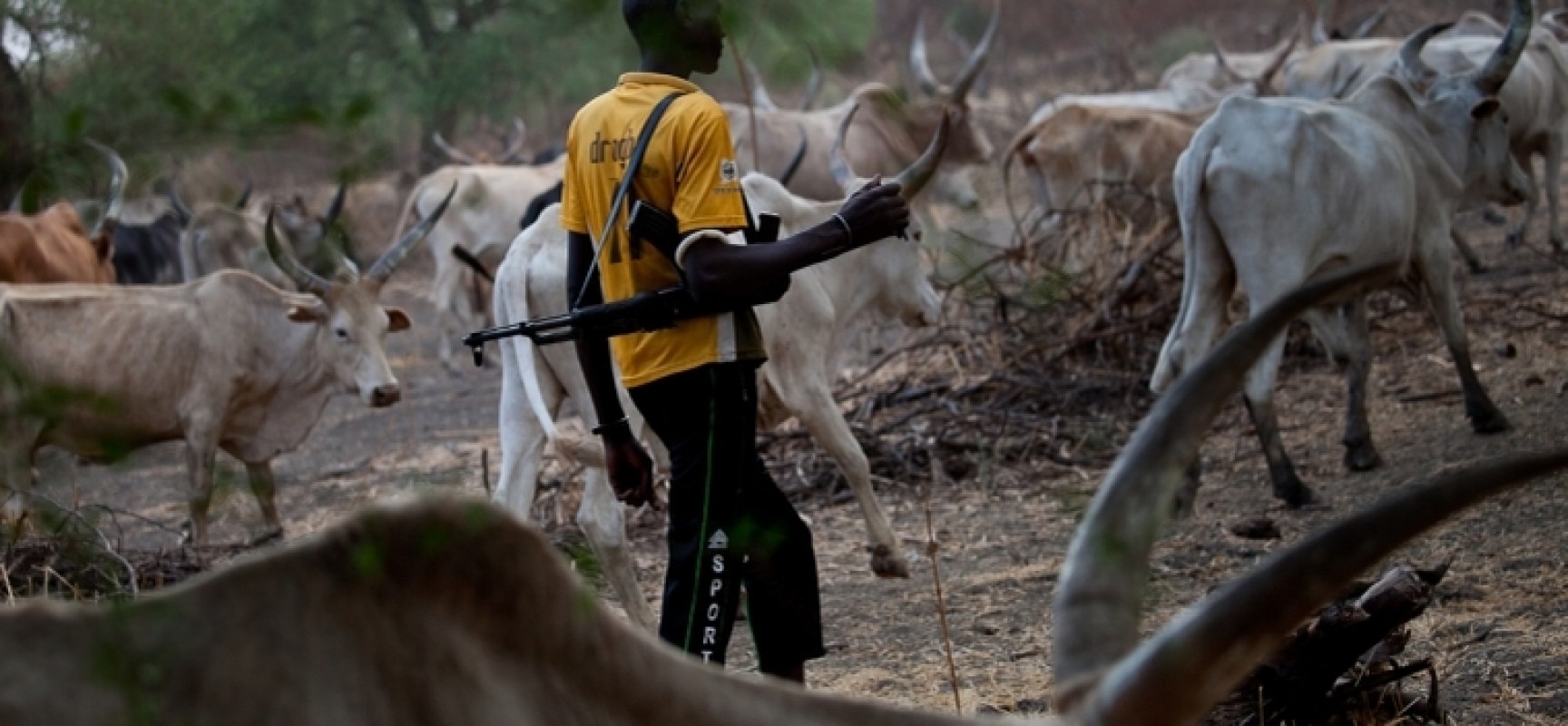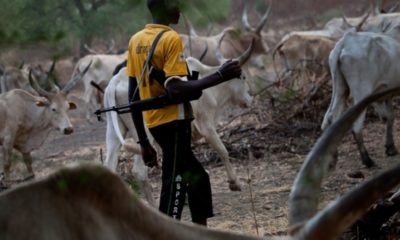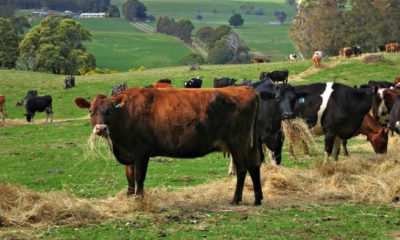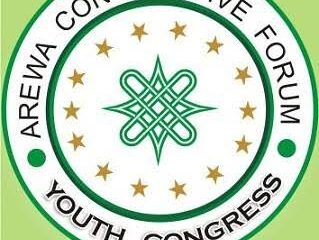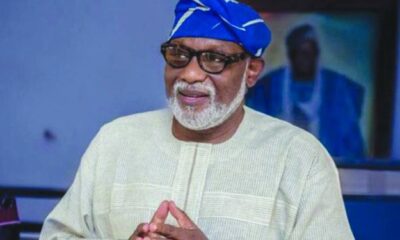The Chairman of the Southern Governors’ Forum and Ondo State Governor, Mr. Rotimi Akeredolu, yesterday faulted Monday’s presidential statement querying the legality of the governors’ ban on open grazing.
Akeredolu, in a statement by his Senior Special Assistant, Special Duties and Strategies, Dr. Doyin Odebowale, said Shehu could not be representing the presidency with his positions on issues of national concern.
He said: “Anyone who has been following the utterances of this man (Shehu), as well as his fellow travellers on the self-deluding, mendacious but potentially dangerous itinerary to anarchy cannot but conclude that he works, assiduously, for extraneous interests whose game plan stands at variance with the expectations of genuine lovers of peaceful coexistence among all the peoples whose ethnic extractions are indigenous to Nigeria.”
He added: “Shehu cannot continue to hide under some opaque, omnibus and dubious directives to create confusion in the polity.
“The declaration that the recommendations of the Minister of Agriculture, Alhaji Sabo Nanono, a mere political appointee like Garba Shehu, are now the ‘lasting solutions,’ which eluded all the elected representatives of the people of the Southern part of the country, exposes this man as a pitiable messenger who does not seem to understand the limits of his relevance and charge.
“Mr. Garba contends that ‘their announcement is of questionable legality’, referring to the 17 governors of the Southern states, but the decision of certain elements to take the ancestral lands of other people to settle their kinsmen, including the ‘gun-wielding ‘killer herdsmen’ and their families, and provide ‘veterinary clinics, water points for animals, and facilities for herders and their families, including schooling through these rehabilitated reserves’ for which ‘the federal government is making far-reaching and practical changes allowing for different communities to co-exist side-by-side’, does not appear to him as a comprehensive plan for land grabbing, a precursor to internal colonialism.”
Akeredolu said Shehu wanted to revive forest reserves “but seems particularly uninterested in the current position of the same law that he and his cohorts often misinterpret to serve parochialism and greed.”
“Governors no longer have powers over the lands in their territories. They must take instructions from appointees of the federal government on such matters,” he stated.
While noting the rights of all Nigerians to move freely in all parts of the country as guaranteed by the constitution, Akeredolu said it was clear that Shehu seemed to have issues understanding the difference between licentious criminality and qualified rights under the law.
He said: “It is our duty to continually nudge him off his current state of cognitive dissonance. His pronouncement betrays dubiousness and mischief.
“Most traditional families in Nigeria have occupations. Pastoralism is not an exception. Any ethnic group still trapped in anachronism may be assisted to embrace modernity.
“Dispossessing communities of their ancestral lands, encouraging denizens of the forests to overrun lands belonging to other people and forcing alien bands of migrants on the local populace to live ‘side-by-side’ with other communities cannot be for the purpose of animal husbandry.
“It raises suspicion on a grand, deliberate, persistent and insidious design to use naked force to subjugate the real owners of the land. Mr. Garba Shehu is a major supporter of the current pervasive anarchy in the land.
“May, we warn Mr. Garba Shehu and his cohorts to desist from hurling insults at the elected representatives of the people. He lacks the authority to make policy statements for the federal government, unless directed, expressly. His acts are clearly those of an agent provocateur.
“No inch of the space delineated and known, currently, as South-west, and indeed the whole South, will be ceded to a band of invaders masquerading as herdsmen under any guise.”

 News3 weeks ago
News3 weeks ago
 Business3 weeks ago
Business3 weeks ago
 Technology3 weeks ago
Technology3 weeks ago
 Investment3 weeks ago
Investment3 weeks ago
 Banking Sector3 weeks ago
Banking Sector3 weeks ago
 Banking Sector3 weeks ago
Banking Sector3 weeks ago
 Appointments3 weeks ago
Appointments3 weeks ago
 Investment3 weeks ago
Investment3 weeks ago
